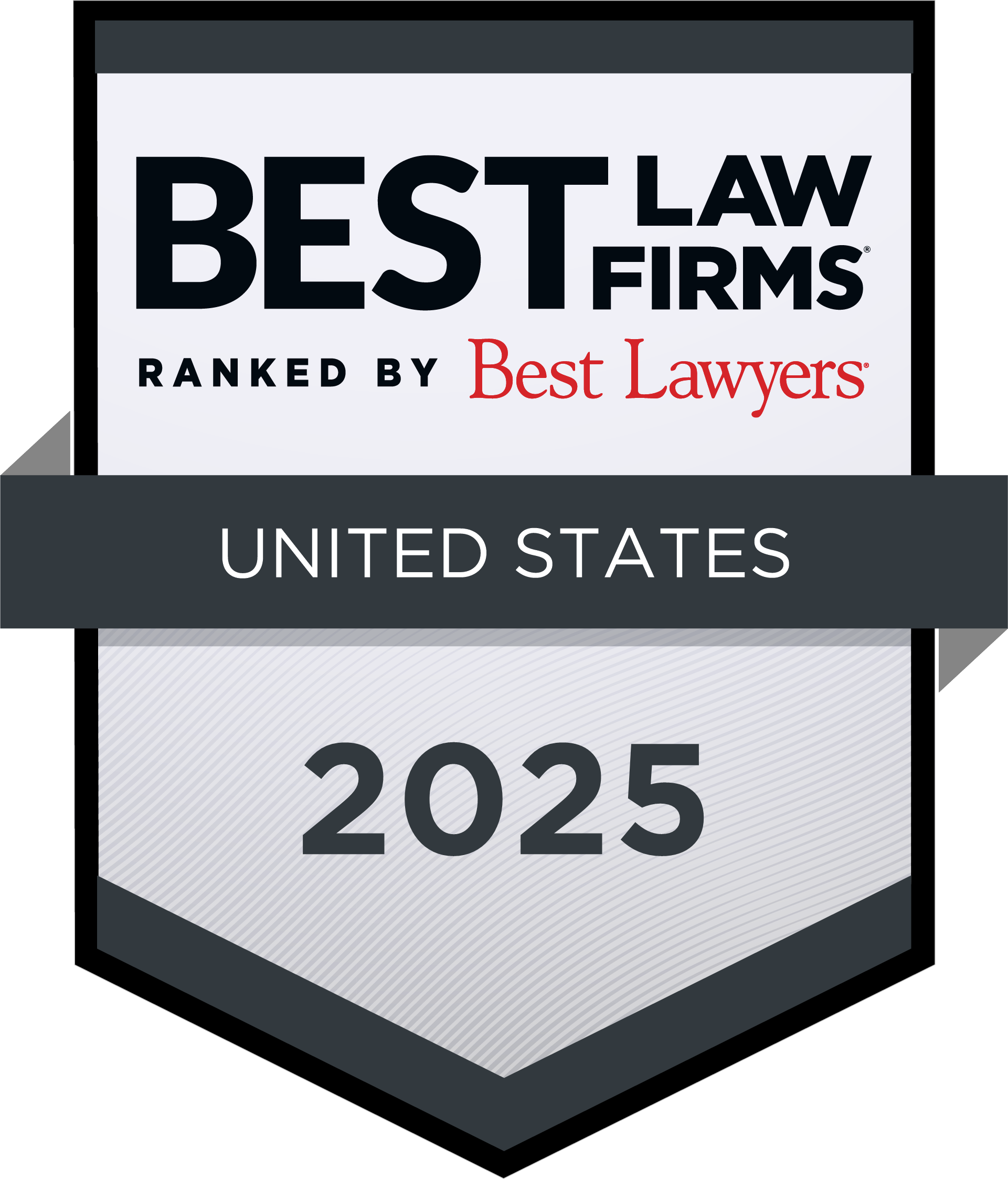June 12, 2023
The U.S. Court of Appeals for the Ninth Circuit (“Ninth Circuit”) oversees cases originating in Arizona. Notably, the Ninth Circuit recently determined that employers can be held liable under federal harassment law when sexually explicit and offensive music is played in the workplace, even if both male and female employees alike are offended. This decision cuts against a long-standing defense – the equal opportunity offender (explained further below).
In this case, warehouse workers of S&S Activewear LLC (“S&S”) alleged that supervisors and co-workers regularly played sexually offensive and misogynistic songs that conveyed derogatory and disrespectful attitudes towards women. The Ninth Circuit found that the recurrent exposure to offensive music was actionable auditory harassment and violated Title VII of the Civil Rights Act of 1964. The Ninth Circuit further rejected S&S’s defense that the vulgar songs could not have created a sexually hostile work environment against women because both male and female employees alike expressed discomfort and offense.
In sum, the Ninth Circuit found that viable claims should not be dismissed because men as well as women are offended by sexist language / conduct, or Caucasians as well as African Americans are offended by racists language / conduct. On the contrary, the Ninth Circuit essentially held that equally offending both male and female employees would only make the conduct more outrageous, not less. Thus, the equal opportunity harasser should not be used as a shield to condone offensive behavior, eliminating a long-standing and popular defense.
This ruling emphasizes the importance of fostering a respectful and inclusive work environment and will require smart employers to proactively rethink their defense to some workplace harassment claims. Employers must take complaints of harassment seriously and address them promptly to create a workplace culture that values respect, diversity, and equality. The attorneys at Farhang & Medcoff are ready and available to assist our clients in understanding these new implications and ensuring legal compliance in the workplace with these, and other, measures. Call us at (520) 214-2000 to schedule a consultation today.
This writing is for informational purposes only and does not constitute legal advice. No attorney-client relationship is formed by the dissemination of this writing.


